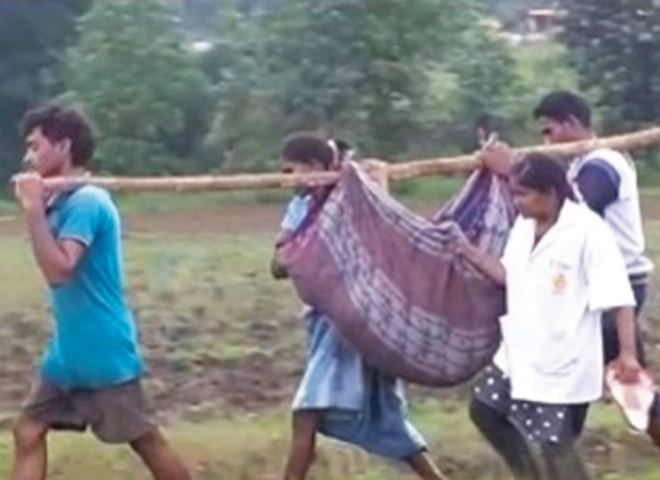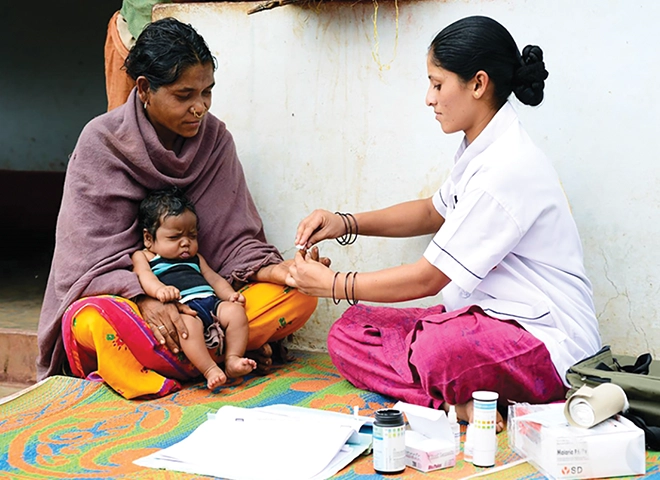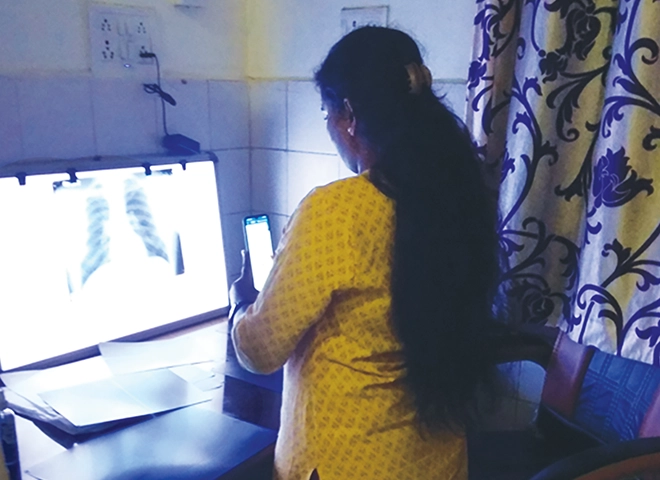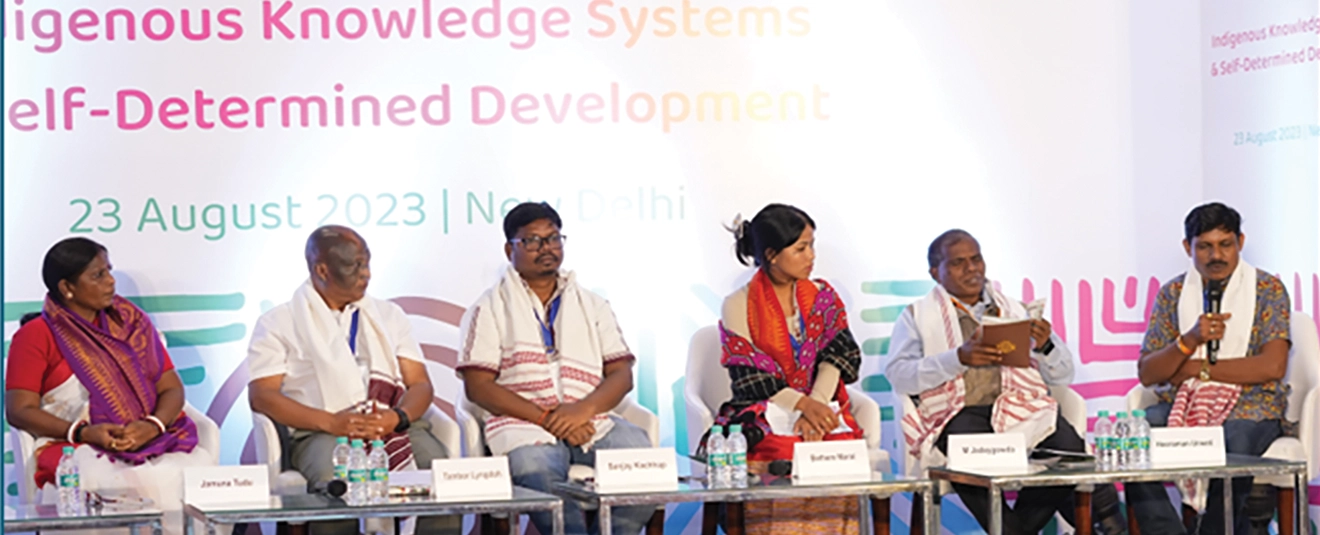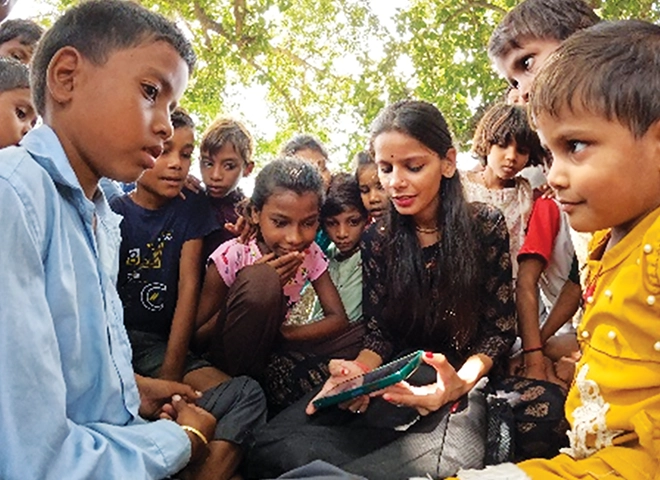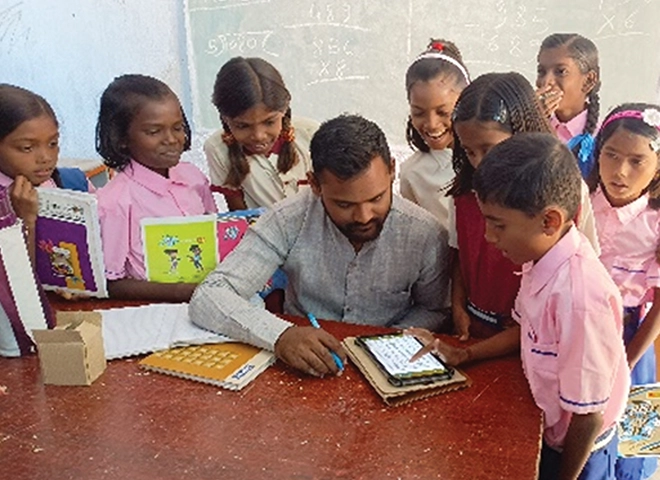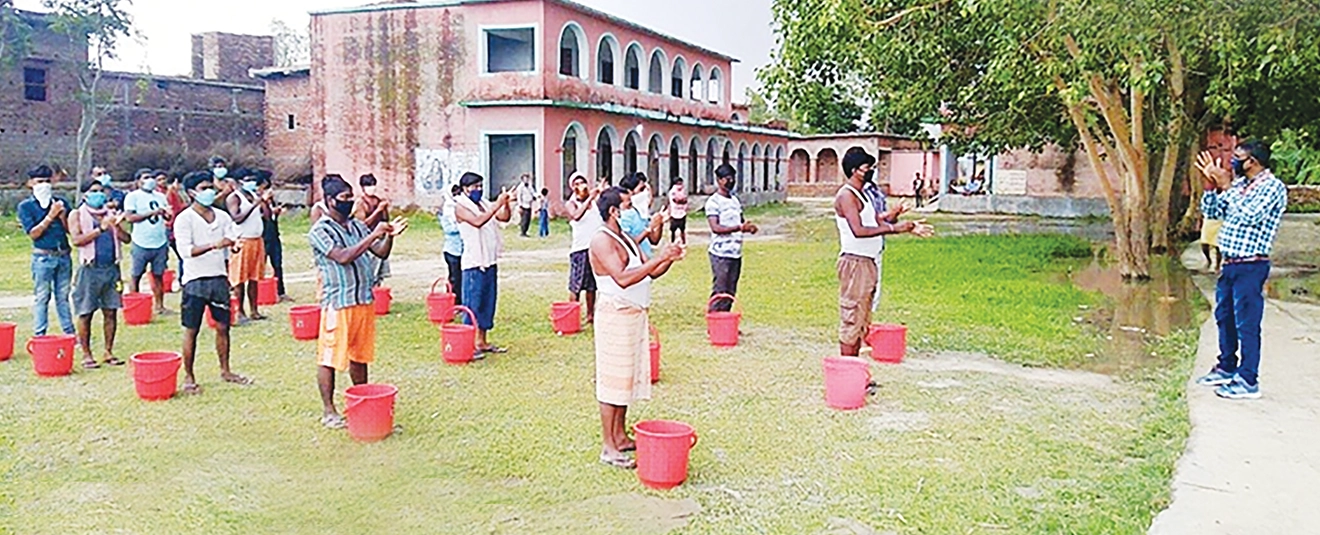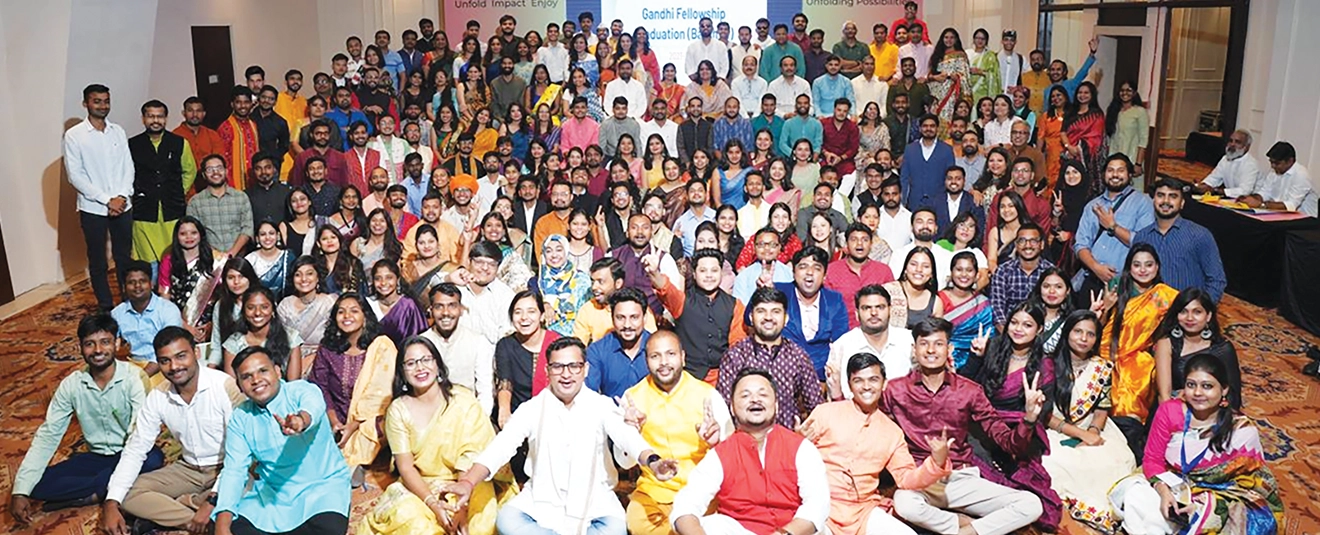Download

Intent to Impact
Piramal Enterprises at a Glance
Key Milestones of our 14-year Financial Services Journey
An Esteemed and Diverse Board
Well-Experienced Management Team
Performance Excellence Along With Business Transformation
Message From The Chairman
Operational and Financial Highlights
Our Business Segments
Technology: Making The Right Investments and Aiming for Future Growth
Branding: Decoding Our Equity and Evaluating Performance
Human Capital: Nurturing a Culture of Trust for Employee Success
Risk Management: Building Resilience. Safeguarding The Business
Awards & Recognition
Board of Directors
Management Team
